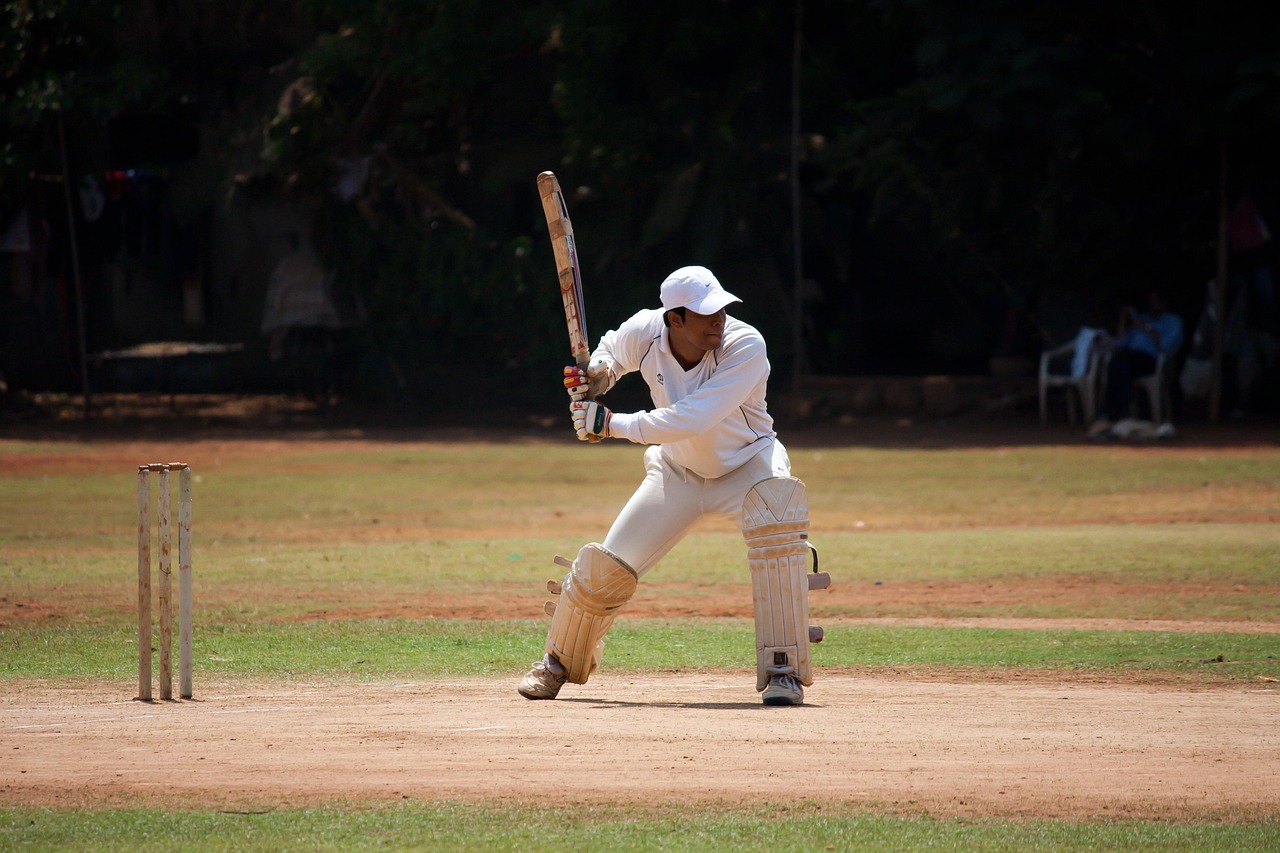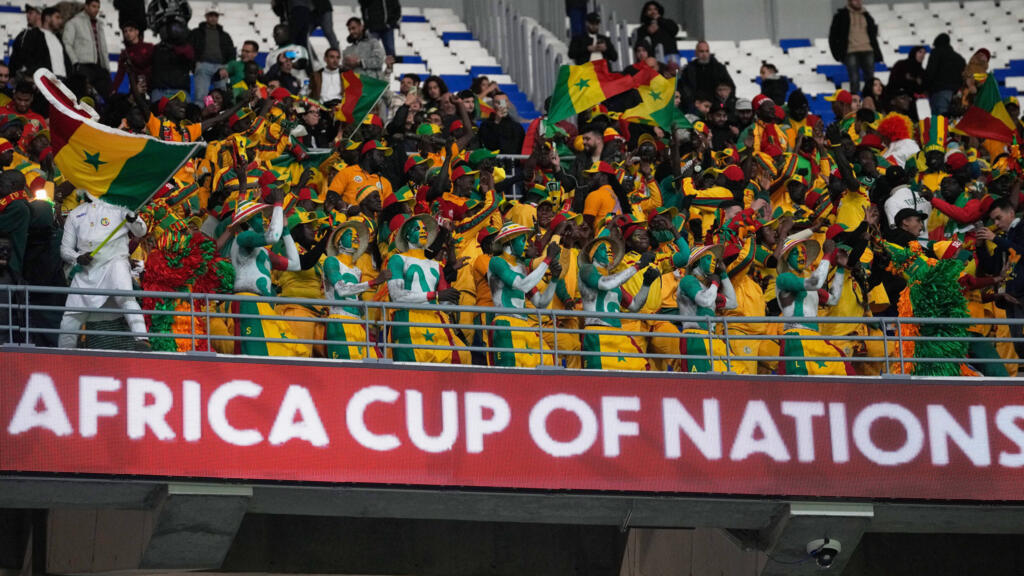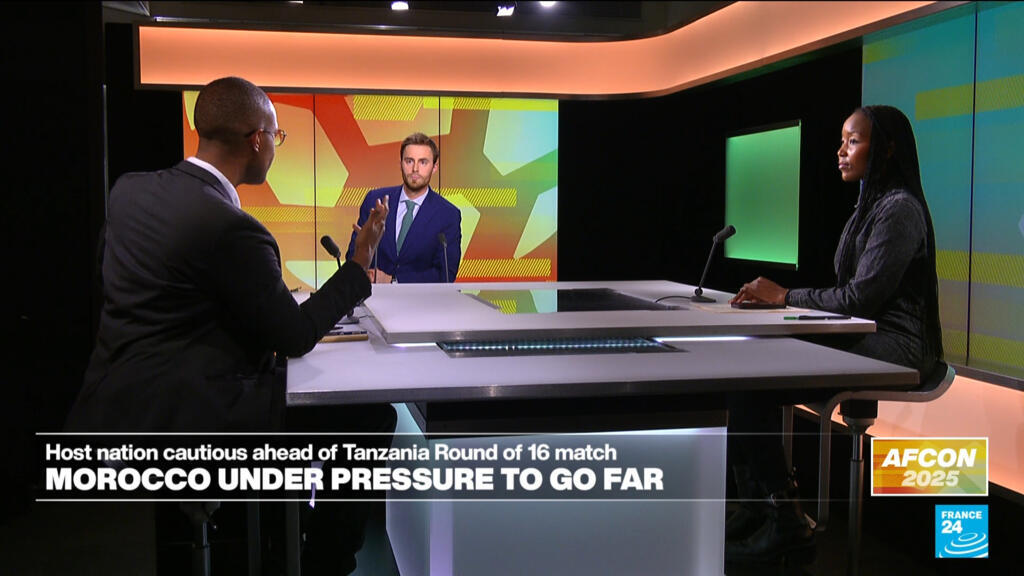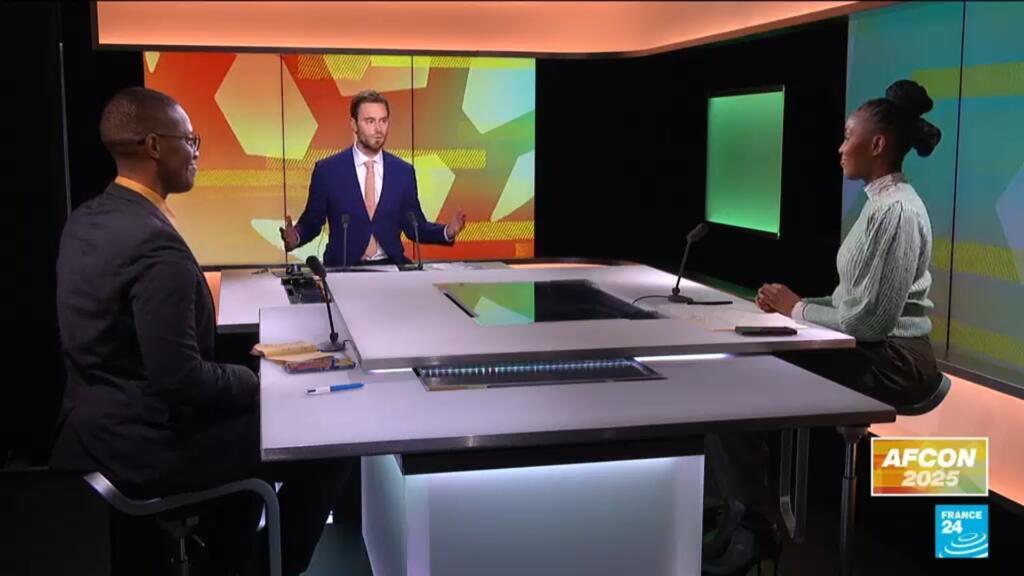Regional Perspectives: Cricket Betting Across the World

Cricket has always been more than just a sport; it is a cultural phenomenon that spans continents, shaping traditions, rivalries, and even economies. In recent decades, betting has become one of the most significant off-field dimensions of the game. From bustling streets in India to pubs in England, from the sunlit grounds of Australia to the lively stadiums of South Africa, cricket betting reflects not only sporting passion but also regional differences in law, culture, and technology. For fans and punters alike, exploring top rated bookmakers not on GamStop offers another perspective on how global markets function beyond local restrictions. Understanding these contrasts is essential for anyone seeking to grasp the global betting landscape that surrounds cricket.
India: Passion Meets Regulation
No country illustrates the intensity of cricket betting quite like India. Cricket here is a religion, and the Indian Premier League (IPL) has amplified the betting culture exponentially since its launch in 2008. The T20 league’s short matches, star-studded line-ups, and unpredictable results have turned it into a dream for bettors, offering endless opportunities for wagers on outcomes ranging from match winners to the number of sixes in an innings.
Yet, the legal environment in India remains complex. While horse racing and lotteries are permitted in certain states, most forms of sports betting are technically illegal under the Public Gambling Act of 1867. This paradox has led to a thriving underground market, with billions of dollars estimated to be wagered on cricket each year through informal channels. Online platforms based overseas, however, have created a loophole, allowing Indian bettors to access markets via mobile apps and digital wallets.
Culturally, betting is both widespread and controversial. Match-fixing scandals, such as those that surfaced in the IPL during 2013, have deepened concerns. Still, the demand has not waned—if anything, it has grown stronger as younger generations embrace mobile technology. With ongoing debates about regulation, India stands at a crossroads: should it fully legalize and tax cricket betting, or continue to fight against an unstoppable tide?
The United Kingdom: Tradition and Legitimacy
In contrast to India’s regulatory ambiguity, the United Kingdom has one of the most transparent and structured betting markets in the world. The Gambling Act of 2005 created a clear legal framework, overseen by the UK Gambling Commission. Cricket betting, while not as dominant as football or horse racing, enjoys a steady and respectable following.
Here, county cricket and international tournaments such as The Ashes attract considerable betting interest. Punters in the UK tend to prefer traditional markets such as match results, top batsman, and total runs, though in-play betting has also grown with the rise of mobile platforms. The cultural attitude toward betting is pragmatic; it is seen as an accepted extension of sporting life, supported by bookmakers with a long history, from high-street shops to cutting-edge online platforms.
The role of The Hundred, England’s new short-format league, is worth noting. While initially polarizing among purists, it has created fresh betting opportunities with its unique structure, encouraging innovation in odds markets. For UK bettors, the blend of long-standing county rivalries and modern formats offers both stability and novelty.
Australia: Sport, Wagers, and Entertainment
Australia has always embraced betting as part of its sporting DNA. From horse racing carnivals to Aussie Rules football, wagering is deeply ingrained in the culture, and cricket is no exception. The Big Bash League (BBL) has been pivotal in this regard, offering a fast-paced T20 competition during the Southern Hemisphere summer that attracts both family audiences and betting enthusiasts.
Legally, the Interactive Gambling Act (IGA) of 2001 governs online betting in Australia. Sports betting is legal, but online in-play betting is restricted, meaning wagers during live matches must be placed over the phone or at physical venues. This has not dampened enthusiasm, as Australian bookmakers and international platforms compete to offer markets on everything from Ashes Tests to BBL powerplays.
Culturally, betting is widely normalized but increasingly scrutinized. Concerns about gambling advertising during cricket broadcasts, particularly when young viewers are involved, have sparked debates about responsible gambling. Nevertheless, betting remains a mainstream activity, with many fans viewing it as part of the entertainment package that accompanies their love for cricket.
South Africa: Growth Amid Challenges
South Africa presents a different picture, combining strong cricket traditions with a developing betting market. Historically, betting was tightly controlled under apartheid-era restrictions, but since the National Gambling Act of 1996, sports betting has been legal and regulated. Today, cricket betting is available through licensed operators, both online and in retail shops.
The country’s cricket culture—centered around Proteas internationals, domestic competitions like the Mzansi Super League, and historic Test rivalries—provides fertile ground for betting. However, the market is smaller compared to India or the UK, partly due to economic disparities and lower overall betting volumes.
That said, mobile penetration has opened new doors. South Africa has a young, digitally active population that increasingly turns to online platforms for betting. Cultural attitudes are mixed: while many see it as a legitimate hobby, issues like problem gambling and financial inequality fuel criticism. International tournaments, especially South Africa’s participation in the ICC World Cup or Test tours, tend to drive spikes in betting activity.
Comparing Cultural Attitudes and Frameworks
A clear pattern emerges when comparing these four regions. In India, cricket betting is passionate but shadowed by legal ambiguity, resulting in a massive underground market. In the UK, betting is normalized, regulated, and integrated into sports culture. Australia stands somewhere in between—fully legal but increasingly challenged by debates on advertising and regulation. South Africa represents a market with significant growth potential but also structural challenges.
Technology is the common denominator across all regions. Mobile apps, digital payments, and live-streaming have redefined how fans interact with cricket betting. Local leagues—IPL in India, The Hundred in the UK, BBL in Australia, and Mzansi Super League in South Africa—act as engines of growth, shaping not only how fans consume cricket but also how they place their bets.
The Global Future of Cricket Betting
The global cricket betting market reflects the diversity of the sport itself. Each region brings its own legal framework, cultural nuances, and betting behaviors, but all share the same underlying truth: cricket and betting are deeply intertwined. As technology continues to evolve, and as countries debate regulation versus restriction, the global betting landscape is poised to expand further.
For experts and enthusiasts alike, understanding these regional differences is key. They don’t just dictate how people bet—they reveal how cricket, as a sport, is experienced and celebrated around the world.
The post Regional Perspectives: Cricket Betting Across the World appeared first on Ten Sports TV.






















































